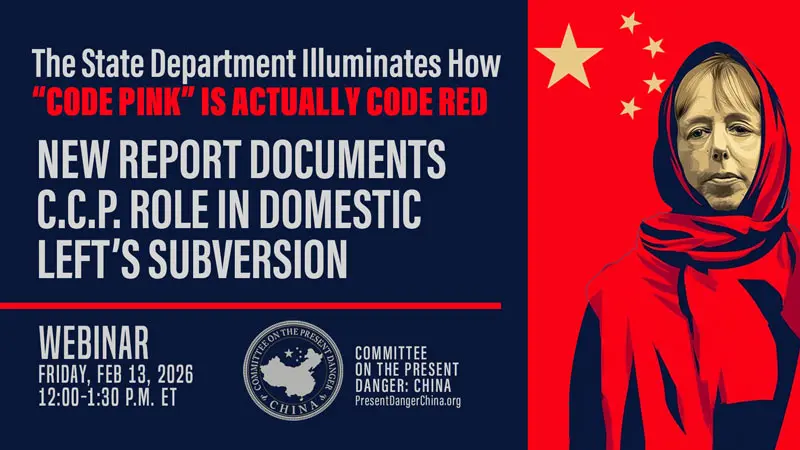The CCP Virus is spreading all over the world. Hong Kong, with close proximity to mainland China, has a surprisingly mild outbreak.
When SARS broke out in 2002 to 2003, the Chinese regime claimed that there were 5,327 cases of infection and 349 deaths in mainland China. At the time, there were 1,755 infections in Hong Kong and 299 deaths.




